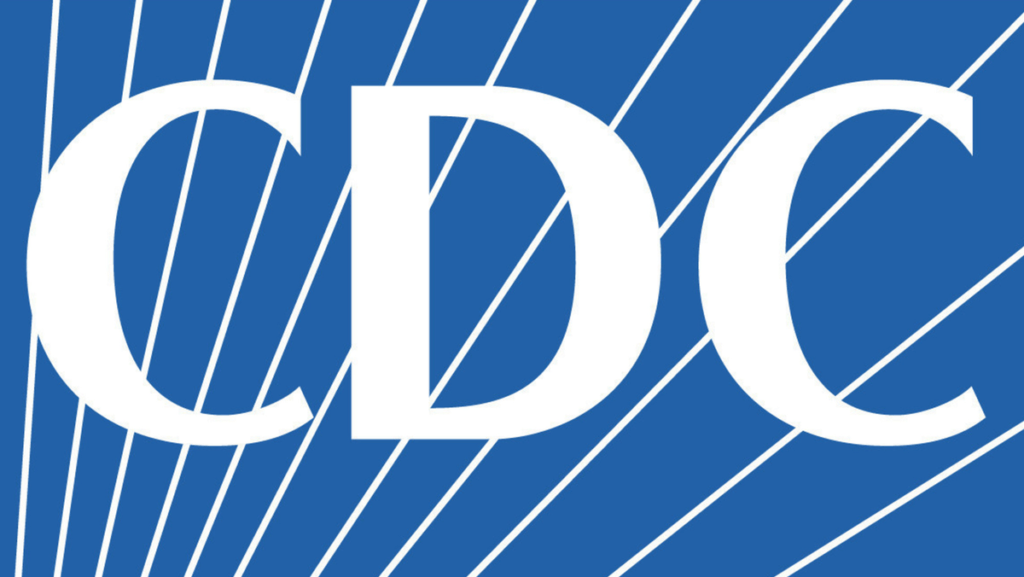What is it?
The CDC stands for Centers for Disease Control and Prevention. It is one of the main operating components of the Department of Health and Human Services. The mission of the CDC is to protect American health, safety, and security threats, both foreign and in the U.S. No matter where a disease may stem from, it is the CDC’s job to fight it. Ideally, they want to prevent diseases from reaching America, however, as we have seen with the coronavirus, it was incredibly difficult to intercept. In the following weeks after the first coronavirus report in Wuhan, China last December, countries around the world began documenting outbreaks.
COVID-19
All year long, the public has digested countless waves of information provided by health professionals, including the CDC. As research continues, more information is revealed. However, many feel that the knowledge revolving the virus is immense and researchers are barely scratching the surface. As of now, there is yet a vaccine available and the race to secure one proceeds. Plenty of false information circulates around the web and amongst communities, which makes it is incredibly necessary to check the facts and follow the professionals. During these challenging times, the CDC maintains their research and their duty to provide detailed instructions on how to prevent the spread of Covid-19.
Most of what you have heard about the virus is information your informant has derived from the Centers for Disease Control and Prevention. Everything regarding social distancing, handwashing, wearing face masks and covers is well-researched information published by the CDC that circulated across the media and onto your news feed. Based off disease and virus outbreaks in the past, the CDC has often followed a similar course of action. Usually, the CDC will conduct thorough research using information from the population with the virus. They then implement public health laws passed by congress. Through federal regulations, or rules, the laws are put into action. The CDC and federal agencies alike will distribute the rules. These federal regulations provide citizens with detailed information specifying requirements of how the law should be applied.
History & Work
The CDC started out in a small building in Atlanta, Georgia, in July of 1946. The founder, Dr. Joseph Mountin was a visionary and public health leader. The original mission of the CDC was to prevent malaria from spreading across America, but Mountin pushed to extend its responsibilities to other diseases. With a small budget and a limited number of employees, they faced a handful of challenges when they started out. They endured despite this and eventually became the foundation for disease surveillance and changemakers for public health. Today, the Centers for Disease Control and Prevention is one of the leading health agencies in the nation.
Furthermore, the CDC has a multitude of accomplishments. In the past two years alone, they established a refugee vaccination program saving health departments millions of dollars; improved the quality of overseas medical exam data; prevented public health threats before they could spread in the U.S.; enhanced international travel disease surveillance systems; combatted antimicrobial resistance and tuberculosis in Mexico; and identified new social distancing strategies in schools to fight influenza. The list is extensive, though these are several honorable mentions.
In conclusion, it is important that communities and citizens follow the guidelines provided by the CDC and health agencies alike. Their sole purpose and duty are to prevent diseases and sicknesses from infecting people in the U.S. If the spread begins, it becomes their mission to minimize and contain it by researching and experimenting to draw the best conclusions for citizens. Guidelines regarding COVID-19 and how to prevent the spread can be found here.

